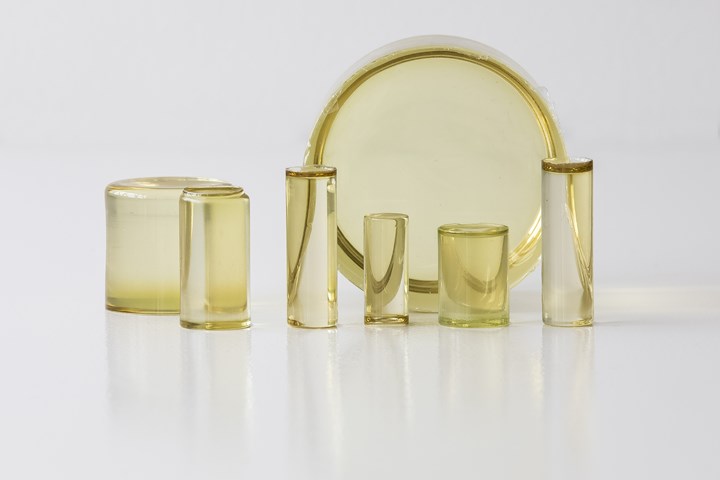CAMX 2022 exhibit preview: Demeta Solutions
Demeta exhibits NexTene PCX resin, Metton LMR and a PDCPD odorless polymer, realized through various collaborations for high-performance composite part production.
Demeta Solutions (Rennes, France) showcases its resin, NexTene PCX, at CAMX. Super tough with a low carbon footprint, NexTene is capable of producing high-performance glass fiber composites with many sought-after qualities in the industry, according to Demeta. Other notable qualities include NexTene’s low viscosity and adjustable pot life, which lead to cost-competitive, large and durable composite parts production. In partnership with Nippon Electric Glass (Shiga, Japan), NexTene and Nippon’s NEG HybonTM 2585 E-glass are said to deliver improved wetting, reactivity and mechanical properties to the reinforced part.
Demeta is also in a commercial partnership with Metton America Inc. (La Porte, Texas, U.S.), a chemical company focused on the development and commercialization of liquid molding resin (LMR). The partnership comprises an exclusive commercialization distribution agreement and a joint business development agreement. Metton LMR is designed to be a durable engineering plastic material, enabling production of complex, large or thick-molded panels. This material is known as a reference for truck, bus, construction and farming machinery. Based on dicyclopentadiene (DCPD) like Demeta’s NexTene, Metton LMR is synthesized using a different catalytic system from the one used by Demeta and reserved for reaction injection molding processes (RIM and R-RIM). Metton’s newest R-RIM grade, Metton 5000-GT, a high-modulus DCPD-based resin featuring a maintained impact resistance, can be discussed with experts at Demeta’s booth.
The company also highlights a joint venture with H+S Automotive (Baden-Württembergn, Germany), resulting in the production of odorless polydicyclopentadiene (PDCPD) parts for automotive interiors. PDCPD was a logical choice for a molded automotive sunroof frame because the frames must withstand challenging conditions while reducing the function’s weight by replacing steel. The sunroof frame, manufactured by H+S Automotive with NexTene — used for its light weight, resistance and aesthetic qualities — enabled a weight reduction from 1.8 kg to only 900 g with a positive impact on automobile fuel consumption and CO2 emissions. Likewise, it is said that there is an improvement in vehicular stability in high-speed curves as well as driver and passenger comfort.
Related Content
-
Plant tour: Albany Engineered Composites, Rochester, N.H., U.S.
Efficient, high-quality, well-controlled composites manufacturing at volume is the mantra for this 3D weaving specialist.
-
Plant tour: Joby Aviation, Marina, Calif., U.S.
As the advanced air mobility market begins to take shape, market leader Joby Aviation works to industrialize composites manufacturing for its first-generation, composites-intensive, all-electric air taxi.
-
MFFD thermoplastic floor beams — OOA consolidation for next-gen TPC aerostructures
GKN Fokker and Mikrosam develop AFP for the Multifunctional Fuselage Demonstrator’s floor beams and OOA consolidation of 6-meter spars for TPC rudders, elevators and tails.













